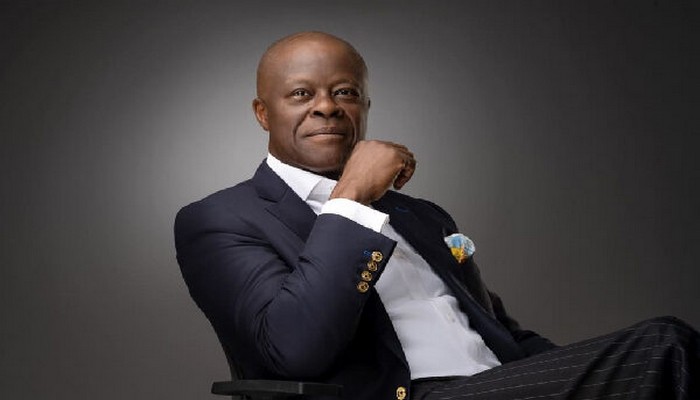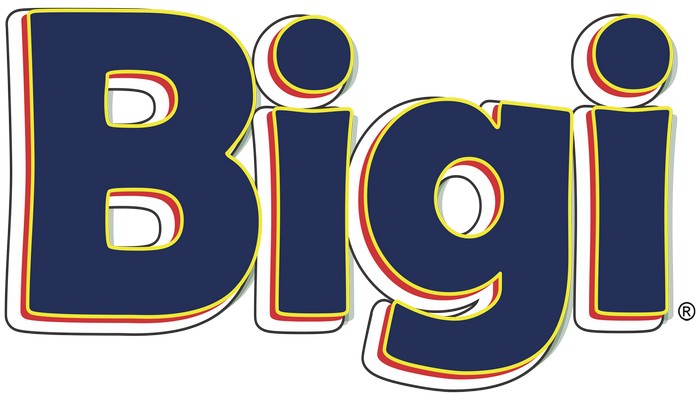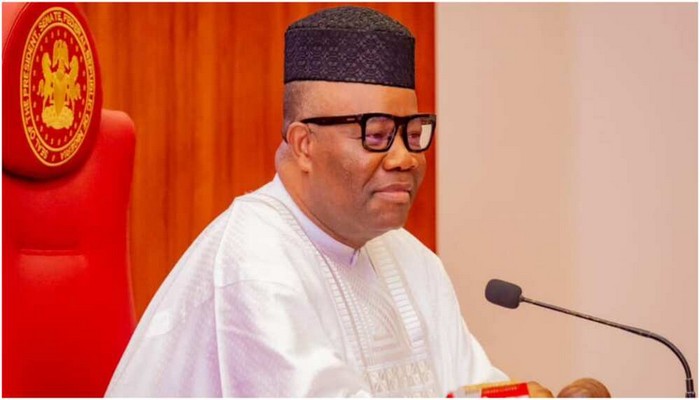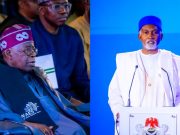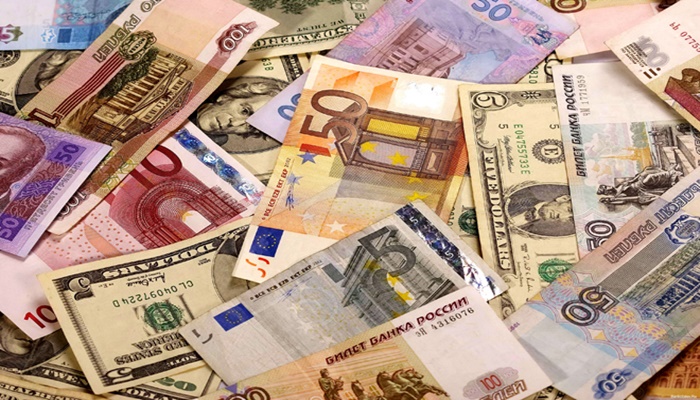The foreign reserves dropped by $207 million in eight days following the intervention by Central Bank of Nigeria (CBN) in the foreign exchange market.
According to data from CBN’s website, foreign reserves that was at $30.99 billion on May 4, 2017 moved to $30.78 billion on May 15, 2017.
For the days under review, the nation’s foreign reserves almost crossed the $30 billion mark to $31 billion on May 4, 2017, following increased inflow from Oil revenue, among others. Finance experts had attributed the decline to recent windows introduced by CBN, stressing that foreign reserves might deep further in coming days.
The CBN last month opened a new special foreign exchange window dedicated to investors, exporters and end users.
In a circular titled Establishment of Investors and Exporters Window, the CBN claimed this new window was introduced to boost liquidity in the foreign exchange market and ensure timely execution and settlement of eligible transactions.
CBN in the same month unfolded yet another policy measure, stating that it has opened a special foreign window for small and medium scale enterprises (SMEs).
The CBN on Monday injected $457.3 million into various segments of the foreign exchange market on Monday.
Speaking with our correspondent, Managing Director, Cowry Asset Management Limited, Mr. Johnson Chukwu, said it is as a result of recent intervention by the CBN.
He said, “you have heard that CBN has opened a number of foreign exchange windows. There have been a number of interventions such as the retail and wholesale windows.
“The CBN opened a window for exporters and investors and meeting these demands would certainly have exerted pressure on the demands. It is basically because of the help the CBN is doing,” he said.
When asked if the situation may persist, he said “It depends. I think the CBN will manage it. They would not allow the reserve to dip materially.”
According to him, a way to sustain the foreign reserves is to liberalise the market and have a continuous improvement in the foreign exchange policy.
He said, “There should be continuous improvement in the Foreign Exchange policy. If you cast your mind back to 2005, foreign inflow was about $20 billion in terms of capital importation and foreign portfolio.
“If we had a more liberalized market, you would see that inflows from portfolio investors and capital importation will upstage whatever pressure that is coming from the negative trade imbalance.
“We will eventually achieve positive balance of payment because of the inflows from portfolio investors and capital importation which will upstage any shortfall in balance of trade. The key thing is to have a macroeconomic environment that will appeal to investors,” he added.


